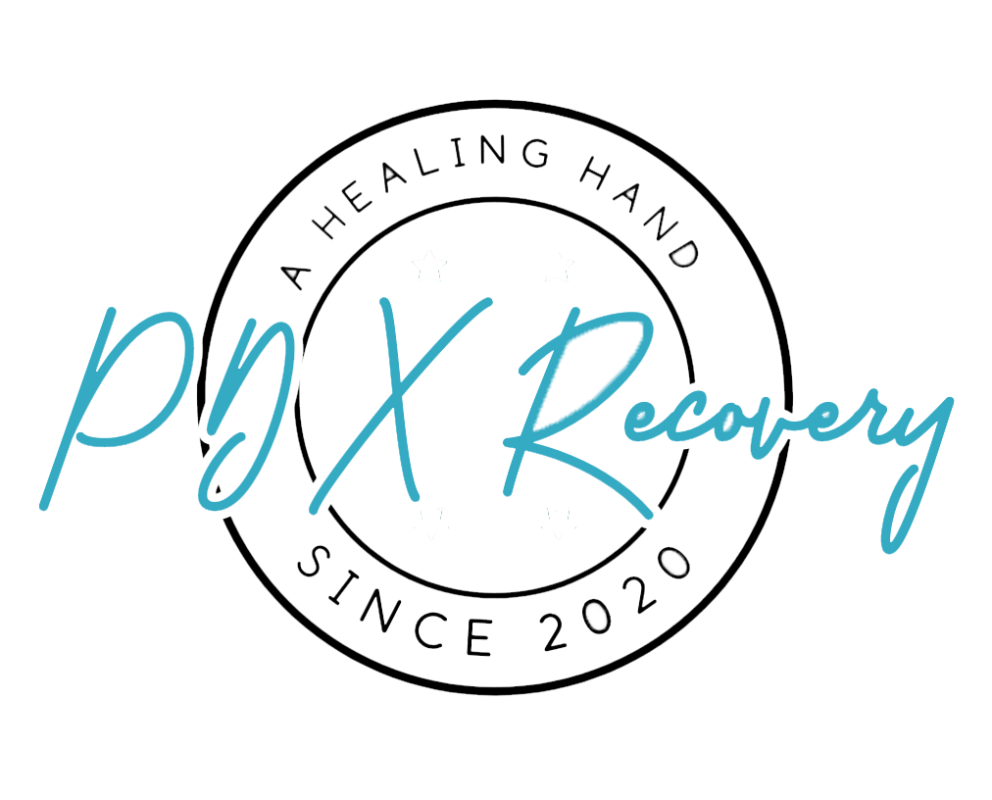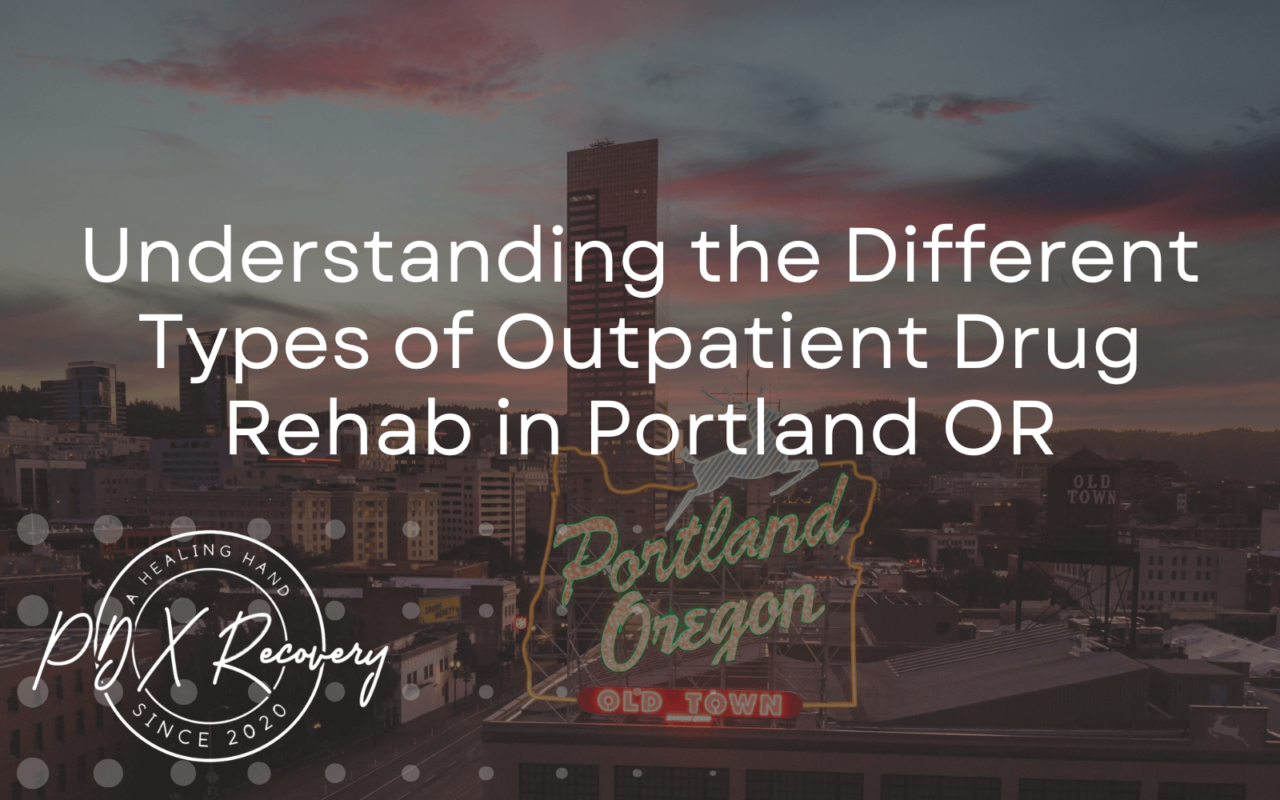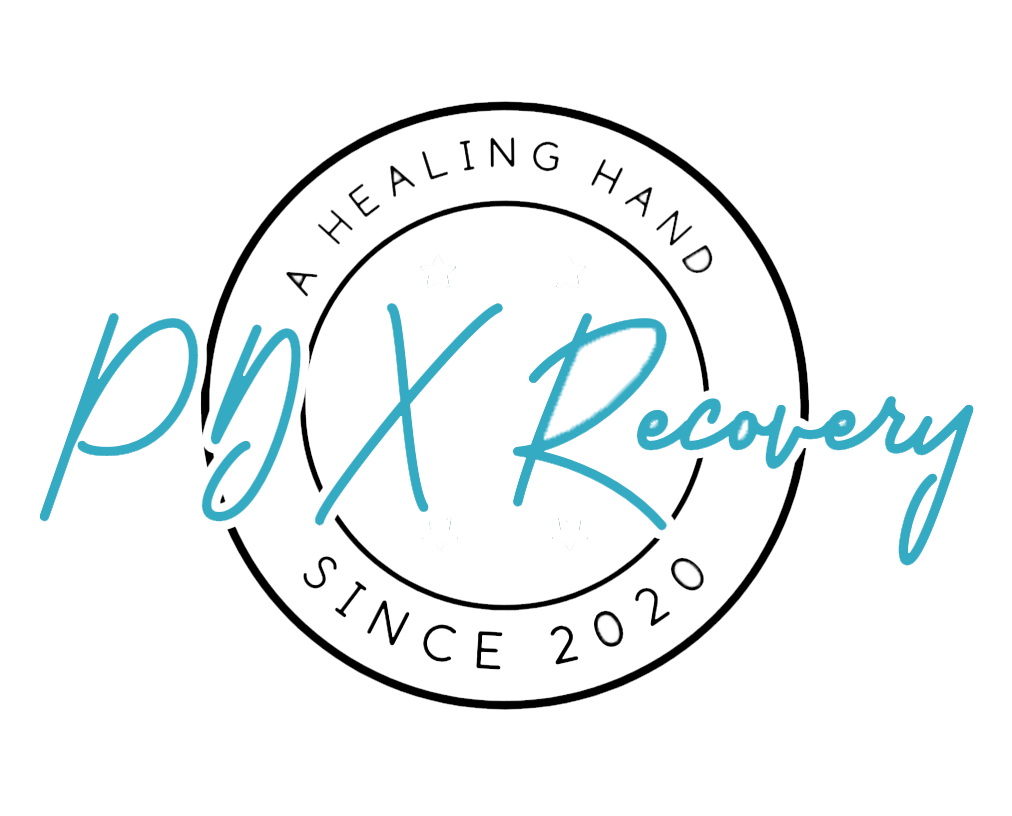Addiction is a complex and challenging disease, but recovery is always within reach with the right support and resources. Outpatient drug rehab in Portland OR play a critical role in helping individuals recover while allowing them to maintain their daily responsibilities, such as work, school, or family commitments. These programs provide a lifeline for those who want effective treatment without the need for a residential stay. For residents of Portland, OR, outpatient rehab programs offer personalized treatment plans designed to meet the unique needs of each individual.
These plans often include a blend of evidence-based therapies, counseling sessions, group support, and sometimes medication-assisted treatment to address addiction from all angles. This guide will explore the various outpatient drug rehab options in Portland, OR, their unique benefits, and how they can empower individuals to overcome addiction and build healthier, more fulfilling lives. No matter where you are on your journey, the right program can provide the support and tools needed to achieve lasting recovery.
What is Outpatient Drug Rehab in Portland OR?
Outpatient drug rehab in Portland OR is a form of addiction treatment that allows individuals to receive care while continuing to live at home. Unlike inpatient rehab, which requires 24/7 residential care, outpatient programs give people the flexibility to maintain work, school, and family obligations while attending treatment sessions.
These programs range in intensity and are designed to meet a variety of needs, whether someone is taking their first step toward recovery or transitioning from a more intensive inpatient program. Portland is home to a variety of outpatient options that cater to those seeking support with substance abuse treatment. Here’s an in-depth look at the most common types of outpatient drug rehab programs in the area.
What Are IOPs?
Intensive Outpatient Programs (IOPs) serve as a middle ground between traditional outpatient therapies and inpatient treatment, offering a higher level of care while allowing individuals to maintain their daily routines and responsibilities. These programs typically require participants to dedicate 9-20 hours per week to therapy sessions, group meetings, and other therapeutic activities, with the exact schedule tailored to meet each person’s unique needs.
The focus of IOPs is on providing structured and comprehensive care to help individuals address their challenges, build healthy coping strategies, and prevent relapse. Participants often work on developing essential life skills, improving emotional regulation, and strengthening their support networks. By bridging the gap between outpatient and inpatient care, IOPs empower individuals to transition toward a sober and fulfilling life without fully stepping away from their personal or professional commitments.
Benefits of IOPs
- Comprehensive support designed to help you manage challenges effectively, all while staying on top of your daily responsibilities and commitments.
- Flexible scheduling with convenient evening or weekend options available at many Portland facilities, making it easier to fit appointments into your busy lifestyle.
- Access to a supportive community of peers who are facing similar challenges, sharing advice, experiences, and encouragement to help each other navigate obstacles and grow together.
- Tailored care designed to bridge the gap between intensive inpatient treatment and less structured outpatient programs, providing a seamless transition for individuals on their journey to recovery.
For individuals able to commit to regular session hours but still needing significant support, IOPs are a powerful resource.
What is Outpatient Counseling?
Outpatient counseling offers a structured approach to recovery through one-on-one or group therapy sessions led by licensed professionals. These sessions are designed to delve into the root causes of addiction, helping individuals identify and address the factors that contribute to their struggles. In addition to addiction, outpatient counseling also focuses on managing underlying mental health concerns such as anxiety, depression, or trauma, which often play a significant role in substance use disorders.
The goal is to foster personal growth, build healthier coping mechanisms, and support long-term recovery. Family therapy is frequently included as part of the process, creating a safe space to repair strained relationships, improve communication, and rebuild trust among loved ones. This holistic approach ensures individuals have the tools and support they need to thrive both personally and within their family dynamics.
Benefits of Outpatient Counseling
- Personalized treatment carefully tailored to address your unique challenges, goals, and specific needs, ensuring a comprehensive and effective approach to your well-being.
- Opportunities to identify and address underlying issues driving addiction, such as trauma, mental health challenges, or environmental factors that contribute to substance use.
- Family therapy options designed to improve communication, strengthen relationships, and build effective support systems for a healthier family dynamic.
- A less time-intensive option, ideal for individuals seeking general guidance, support, and accountability to stay on track with their goals without a heavy time commitment.
Many residents in Portland turn to outpatient counseling as a long-term form of support to maintain their sobriety.
What Are PHPs?
Partial Hospitalization Programs (PHPs) are also known as day treatment programs. They offer a highly structured and supportive environment for clients. PHPs serve individuals who need more intensive care than traditional outpatient counseling. These programs help those facing serious mental health challenges. They also support individuals with substance abuse issues or co-occurring disorders. PHPs bridge the gap between inpatient treatment and standard outpatient services.
Participants typically attend sessions for 6-8 hours a day. They attend several days a week. Sessions include therapy, skill-building, and educational activities. After completing daily sessions, participants return home in the evenings. This allows them to apply what they’ve learned in real-world settings. They also maintain a connection to their support system.
Benefits of PHPs
- A structured daily routine designed to help reinforce and practice new coping mechanisms, ensuring consistency and providing a sense of stability for long-term progress.
- Expanded access to various forms of therapy, including traditional options like individual and group sessions, as well as alternative approaches such as art therapy, music therapy, and other creative outlets that cater to diverse needs and preferences.
- A perfect middle ground for individuals transitioning from inpatient care or those dealing with moderate addiction issues, offering a supportive environment that bridges the gap between intensive treatment and full independence, helping them build the skills and stability needed for long-term recovery.
For those who require more support but prefer to sleep in their own bed each night, PHPs can be an effective compromise.
What is Outpatient Detox?
Withdrawal symptoms are often one of the most physically and emotionally challenging aspects of addiction recovery, making this stage particularly difficult to navigate alone. Outpatient detox provides individuals with access to medical supervision and professional support while they detox from substances such as alcohol, opioids, or benzodiazepines. This approach ensures that withdrawal symptoms are managed safely and effectively, reducing the risk of complications.
Outpatient detox is typically recommended for individuals with mild to moderate dependence who do not require round-the-clock care, allowing them to continue living at home and maintaining their daily responsibilities while receiving structured medical guidance. This balance can make outpatient detox an accessible and effective option for many on their recovery journey.

Benefits of Outpatient Detox
- A safe and controlled environment designed to help individuals manage withdrawal symptoms effectively, with professional support and tailored care to ensure comfort and stability throughout the process.
- The ability to continue daily activities like work, attending school, or managing household responsibilities, ensuring that life remains as uninterrupted as possible.
- Often more cost-effective than inpatient detox programs, outpatient detox allows individuals to receive treatment while continuing daily activities, making it a more affordable and flexible option for many.
- Regular check-ins with medical professionals for medication management, ensuring proper dosages and addressing any side effects, as well as providing emotional support to help navigate challenges and improve overall well-being.
Portland offers several outpatient detox options for individuals ready to take the first step toward recovery.
What Are Traditional Outpatient Programs?
These programs involve regularly scheduled therapy sessions, typically held once or twice a week, providing consistent support for individuals in recovery. They are designed for those with mild substance abuse issues who may not require intensive treatment. Additionally, they are well-suited for individuals who have already completed a higher level of care, such as inpatient or residential treatment, and are transitioning to long-term maintenance.
These sessions often include a mix of individual counseling, group therapy, and educational components that help participants build coping skills, address underlying issues, and stay on track with their recovery goals.
Benefits of Traditional Outpatient Programs
- Flexible schedules that empower individuals to balance therapy sessions with work, family responsibilities, or personal commitments. This approach ensures that people can prioritize their mental health without disrupting their daily routines, making it easier to stay consistent with treatment and achieve long-term well-being.
- Highly effective for individuals who benefit from regular accountability and personalized support to stay on track, overcome challenges, and achieve their goals with greater confidence and consistency. This approach provides tailored guidance, motivation, and check-ins to ensure progress is sustained over time.
- Serves as a crucial entry point for ongoing recovery efforts, offering support and resources to help individuals maintain their sobriety and build a healthier, more stable lifestyle.
Because these programs require fewer time commitments, they are perfect for those who need continued support but have a consistent grasp of sobriety.
Choosing the Right Option
Choosing the right outpatient program depends on several factors, including the severity of addiction, the level of support needed, and personal preferences. Outpatient programs can vary widely in their structure, intensity, and services offered, so it’s important to assess what will best meet your unique needs. Some programs may focus on therapy and counseling, while others include additional resources like group sessions, medication management, or holistic approaches.
Consulting with a healthcare professional or reaching out to local Portland rehab centers can provide valuable guidance and help determine the most suitable option to support your recovery journey.
Additional Factors to Consider:
- Type of addiction (e.g., alcohol, opioids, prescription drugs, or other substances). Understanding the specific type of addiction is crucial for tailoring effective treatment plans and support strategies.
- Any co-occurring mental health conditions, such as anxiety, depression, or substance use disorders, which may impact overall well-being and require integrated care.
- The need for family involvement in the treatment process, emphasizing how their support and active participation can play a crucial role in recovery and long-term success.
- Challenges related to insurance coverage, such as limited plans or high deductibles, or constraints caused by tight personal or organizational budgets.
The key is finding a program that fits seamlessly into your life while providing the level of support necessary to succeed.
Conclusion
Portland’s diverse range of outpatient drug rehab programs ensures that recovery is accessible to everyone, regardless of their specific circumstances or unique challenges. These programs are designed to meet people where they are in their recovery journey, offering options that fit different levels of need and flexibility. For those requiring structured support, intensive options like Partial Hospitalization Programs (PHPs) and Intensive Outpatient Programs (IOPs) provide a high level of care while still allowing participants to live at home. For others who need a more flexible approach, outpatient counseling and detox programs offer the necessary guidance and medical support without disrupting daily life too much.
Whether you’re managing work, family responsibilities, or other commitments, there’s a treatment path tailored to your situation. If you or a loved one is struggling with addiction, it’s important to know that help is just a call away. Contact us today by calling (971) 256-9087 or click PDX Recovery. Taking the first step toward recovery is an act of courage and self-care. With the right resources, dedicated support, and a commitment to change, sobriety is not only attainable but also sustainable—and it has the power to transform your life into one filled with health, peace, and fulfillment. Recovery is possible, and the journey begins today.






